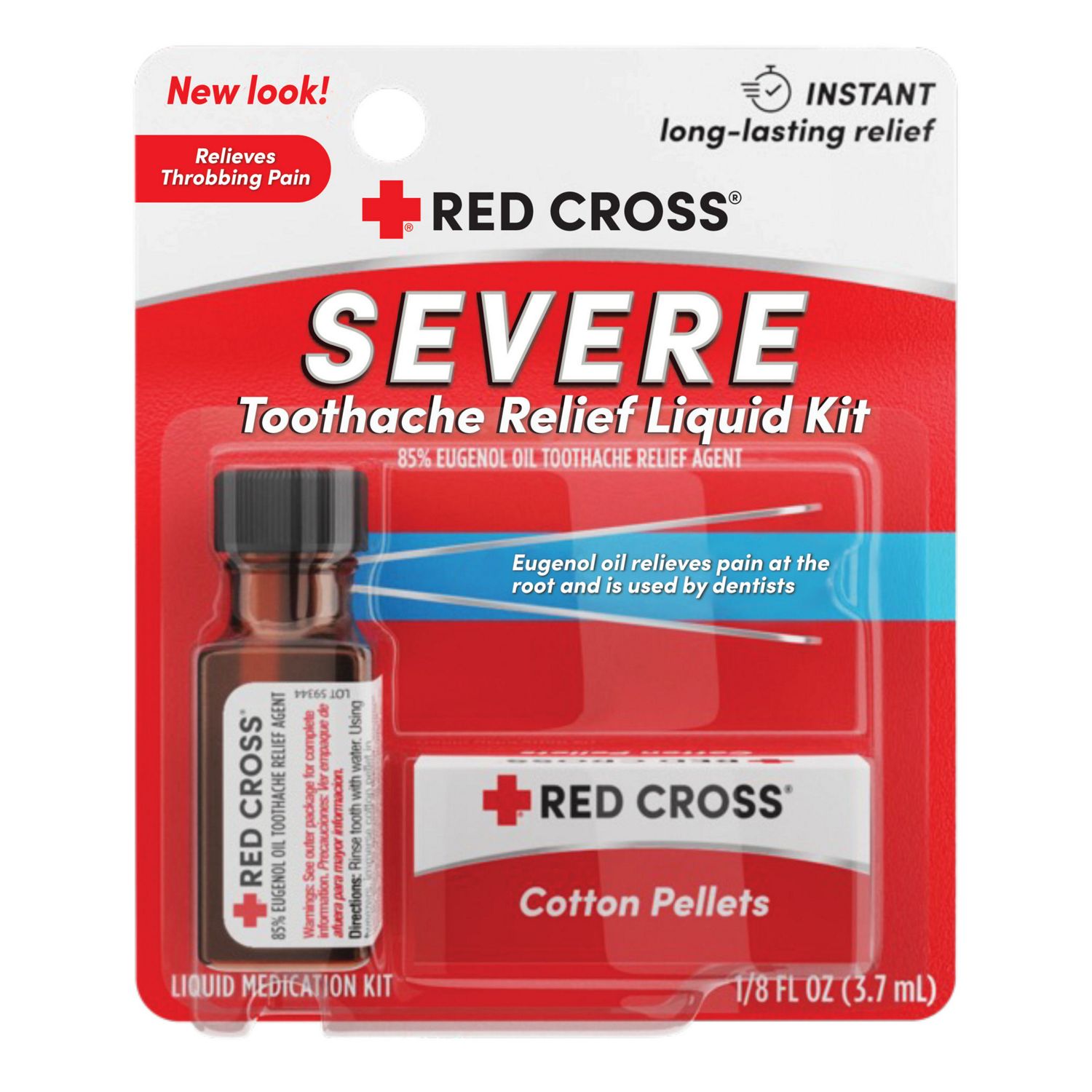Dentist Emergency: Get Instant Toothache Relief

The sudden, throbbing pain of a toothache can be debilitating, making it difficult to concentrate on anything else. When a toothache strikes, it’s essential to understand that it’s not just a matter of discomfort; it can also be a sign of an underlying issue that needs immediate attention. In this comprehensive guide, we’ll delve into the world of emergency dentistry, exploring the causes of toothaches, the importance of prompt treatment, and most importantly, how to get instant relief from the pain.
Understanding Toothache Causes
Toothaches can arise from a variety of sources, each with its own level of urgency. Some common causes include:
- Tooth Decay: Bacteria in the mouth can lead to the formation of cavities, which, if left untreated, can progress and reach the pulp of the tooth, causing pain.
- Gum Disease: Inflammation of the gums can lead to infection and pain, especially if the disease advances to the point where it affects the support structures of the teeth.
- Tooth Fracture: A cracked or broken tooth can expose the nerve, leading to sharp pains, especially when consuming hot or cold foods and drinks.
- Dental Work: Sometimes, issues with dental fillings, crowns, or other procedures can cause discomfort or pain.
- Impacted Teeth: Teeth that do not have enough room to come in properly can cause pain and discomfort.
The Importance of Immediate Action
While it might be tempting to wait and see if the pain subsides on its own, doing so can lead to more severe complications. For instance, an untreated cavity can progress to infect the pulp, necessitating a root canal or, in severe cases, extraction of the tooth. Similarly, gum disease, if not addressed promptly, can lead to loss of teeth and other systemic health issues.
Strategies for Instant Relief
While these methods can provide temporary relief, it’s crucial to remember that they are not substitutes for professional dental care. Here are some strategies you can use to get instant relief from a toothache:
- Cold Compress: Applying an ice pack or a cold, damp washcloth to the outside of your cheek near the aching tooth can help numb the pain.
- Pain Relievers: Over-the-counter pain relievers like ibuprofen (Advil, Motrin) or acetaminophen (Tylenol) can help alleviate the pain. However, it’s essential to follow the package instructions and consult your dentist before taking any medication.
- Salt Water Rinse: Rinsing your mouth with warm salt water several times a day can help reduce swelling and ease pain.
- Clove Oil: Clove oil contains eugenol, a natural pain reliever. Applying a small amount of clove oil to a cotton ball and placing it against the tooth can provide temporary relief.
Emergency Dental Care: What to Expect
When you visit an emergency dentist, the goal is to diagnose the cause of your toothache and provide appropriate treatment. This might involve:
- Examination and Diagnosis: The dentist will examine your mouth, looking for signs of decay, fracture, or other issues. This may involve X-rays to get a clearer picture of what’s happening beneath the surface.
- Treatment: Based on the diagnosis, treatment could range from filling a cavity, performing a root canal, or even extracting the tooth if it’s beyond saving.
- Follow-Up Care: Depending on the treatment, you may need to schedule follow-up appointments to ensure the issue is fully resolved and to address any concerns you might have.
Preventive Measures: The Best Defense
While emergency dental care can provide relief, the best approach is always preventive. Regular dental check-ups can help identify potential issues before they become major problems. Additionally, good oral hygiene practices such as brushing your teeth at least twice a day, flossing once a day, and limiting sugary and acidic foods can significantly reduce the risk of toothaches and other dental issues.
Conclusion
A toothache is more than just a minor inconvenience; it’s a signal that something needs attention in your mouth. Whether it’s a cavity, a fracture, or another issue entirely, seeking immediate care is crucial for both relieving pain and preventing more severe problems down the line. By understanding the causes, taking steps for instant relief, and prioritizing preventive care, you can ensure your oral health remains in top condition.
What are the most common causes of toothaches?
+Toothaches can be caused by a variety of factors including tooth decay, gum disease, tooth fractures, and impacted teeth. Each of these conditions can lead to pain due to the vulnerability of the tooth's nerve or the surrounding gums and bone.
How can I tell if my toothache is an emergency?
+If you experience severe pain, bleeding, swelling, or difficulty swallowing, it's considered a dental emergency. Additionally, if you have a fever or notice any signs of infection, such as redness or pus, you should seek immediate care.
What can I do to prevent toothaches?
+Preventing toothaches involves a combination of good oral hygiene practices, regular dental check-ups, and a diet that limits sugary and acidic foods. Brushing your teeth at least twice a day and flossing once a day can help remove plaque and prevent both tooth decay and gum disease.
By taking proactive steps towards your oral health and understanding the importance of immediate action when faced with a toothache, you can ensure a healthier, happier smile for years to come.